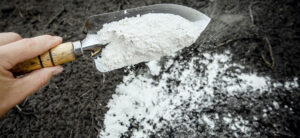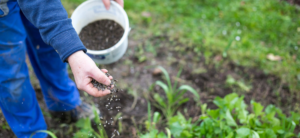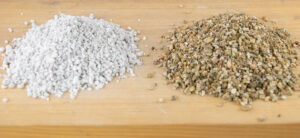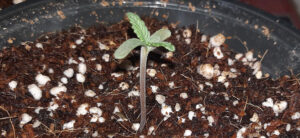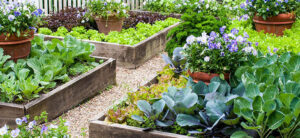How To Use Dolomite Lime For Plants
Are you curious about how to use dolomite for plants? By the end of this article, you’ll feel confident using this unique compound in the garden to balance out your soil.
It’s important to understand the exact needs of your plants. Although some plants, such as blueberries and azaleas, like acidic soil, most prefer for things to be more on the neutral side. That’s where dolomite lime for plants is so useful.
This common garden amendment is a limestone compound that contains both magnesium and calcium at ratios of 18 to 23% each. These elements not only can provide much-needed minerals to your soil but can also help raise the pH to make the soil more alkaline.
So when is dolomite for plants necessary - and how do you apply it? We’ll walk you through everything you need to know about using dolomite lime for plants.
Continue reading